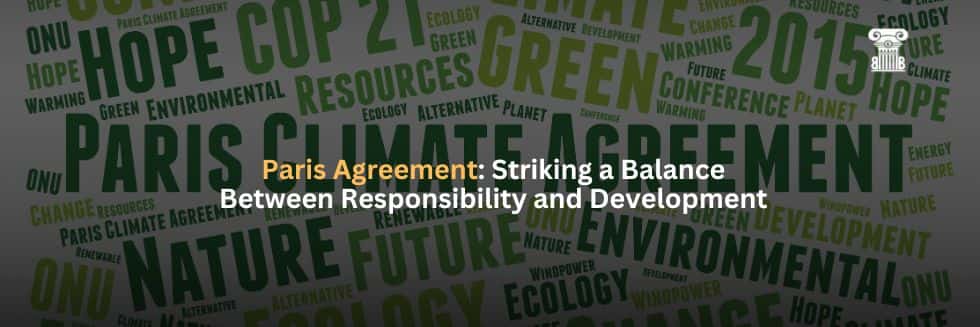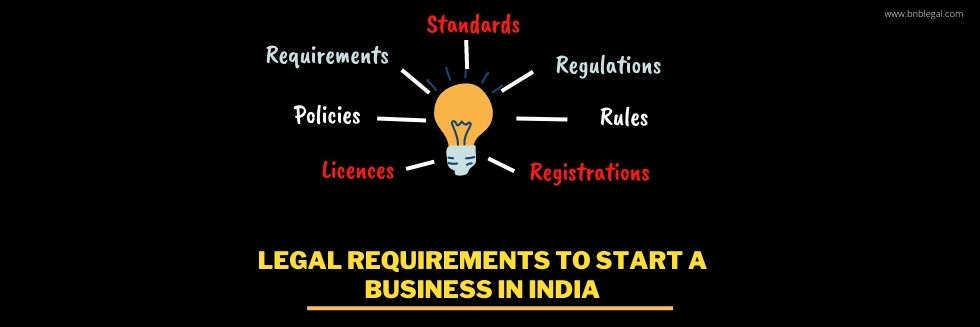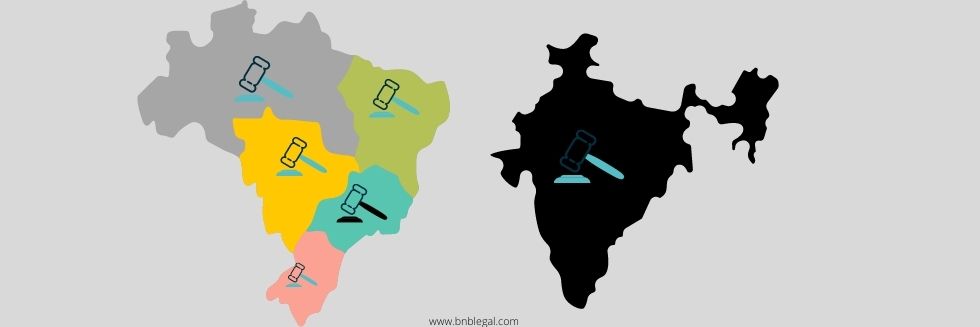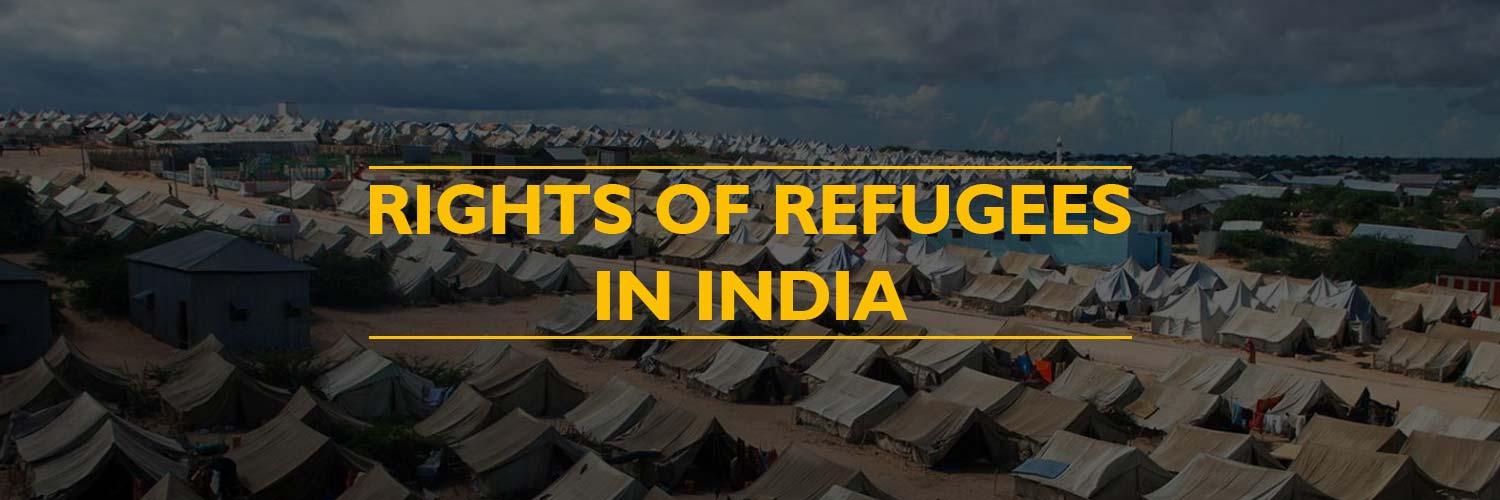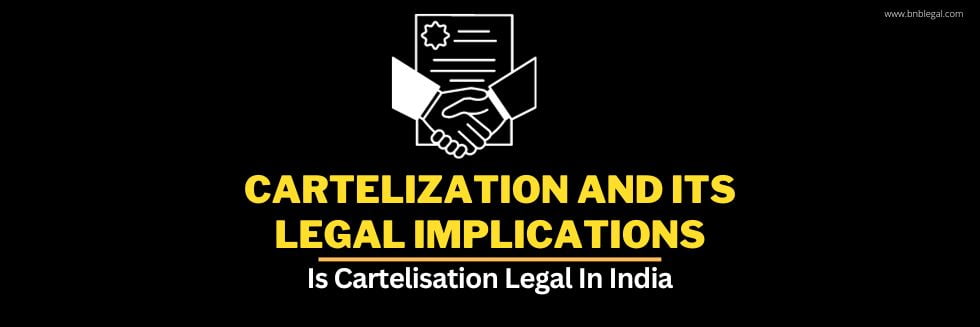The Paris Agreement is a monumental international pact that was adopted to address climate change on a global scale. It was adopted by 196 Parties at the UN Climate Change Conference (COP21) in Paris, France, on 12 December 2015. [1] It entered into force on 4th November 2016. Its primary objective is to limit the global average temperature increase to well below 2°C above pre-industrial levels, with an additional aim of restricting the rise to 1.5°C above pre-industrial levels.
In recent times, world leaders have emphasized the urgency of capping global warming at 1.5°C by the close of this century. The successful execution of the Paris Agreement necessitates a comprehensive transformation of the economy and society, grounded in the most advanced scientific knowledge available.
The Paris Agreement operates on a five-year cycle characterized by progressively ambitious climate actions, known as “ratcheting up,” undertaken by participating countries. Since 2020, nations have been submitting their nationally determined contributions (NDCs), outlining measures to curtail greenhouse gas emissions and achieve the Paris Agreement objectives. Each subsequent NDC is expected to demonstrate escalating ambition compared to its predecessor. Countries articulate both emission reduction strategies and initiatives to enhance resilience in the face of climate change impacts within their NDCs.
In addition to NDCs, the Paris Agreement encourages countries to formulate and present long-term low greenhouse gas emission development strategies (LT-LEDS). Although not obligatory, LT-LEDS provide a broader temporal perspective for NDCs. They do not only contextualize NDCs but also align them with countries’ long-term planning and developmental priorities, offering a guiding vision and direction for future development efforts.[2]
The agreement makes worldwide collaboration in the battle against the detrimental effects of global warming stronger. However, the agreement has drawn criticism[3] for what some view as an unjust burden-sharing structure, particularly with regard to the demands made by developed nations relative to those of underdeveloped and developing countries.
Unfair Expectations on Developing Countries:
Climate change is a universally affecting factor across the globe and hence requires participation to combat it from every nation. The primary contention that arises is whether the responsibility to reduce carbon footprint by the countries is to be divided equally or in proportion to the emissions generated in the past. Developed countries which often also hold considerable power in negotiating such agreements are usually already developed since they were involved in the industrial revolution, which contributed significantly to the accumulation of greenhouse gases in the atmosphere.
Countries like the United States and members of the European Union have been responsible for the majority of the emissions that have contributed to the current climate. Critics argue that it is unreasonable to anticipate economies growing and industrializing now to decelerate at the same pace as nations that have already undergone substantial modernization.
Differentiated Responsibilities:
To address this issue, proponents of a more equitable distribution of responsibilities propose a system that recognizes the historical role played by developed nations in contributing to climate change. They back the concept of “common but differentiated responsibilities” (CBDR), acknowledging that while it is the responsibility of all countries to tackle climate change, affluent countries must contribute more to mitigation efforts due to their historical and per capita emissions.
Under the CBDR[4], wealthy nations would be expected to shoulder a greater share of the responsibility for lowering emissions and financing climate action in developing nations. This tactic is in line with the notion that people who have historically made bigger contributions to society should bear a larger portion of the weight of problem solutions.
Equitable Quotas and Financial Support:
Reassessing emission caps is an essential first step in addressing the perceived injustice in the Paris Agreement. Those who argue that superpowers should have fewer emission limitations since they have already experienced substantial economic growth and should allow less developed nations greater freedom to pursue development (i.e. more emission allowances for emerging countries should be given by the international community to preserve equilibrium and promote sustainable growth).
Switching to green renewable sources is akin to making a 180-degree shift to how the industries operate today; this along with opting for environment-friendly resources is a costly affair which has to be factored in while expecting countries to change. Wealthy nations are thus expected to be major contributors to the Green Climate Fund [5], established by the Paris Agreement, in order to support developing countries as they work to increase resilience and transition to low-carbon economies.
Promoting Technology Transfer:
Another strategy to attain equity is to promote the transfer of clean, sustainable technologies from industrialized to developing nations. For the latter to surpass conventional development methods that are harmful to the environment, advanced technologies are required. Initiatives aimed at transferring technology have the power to bridge the development gap between nations and promote a more inclusive strategy for combating climate change.
Conclusion:
While the Paris Agreement is the need of the hour and a very effective step forward in the fight against climate change, it is also equally important to address the unequal burden-sharing among developed and developing countries. A nuanced, differentiated approach that takes into account historical obligations, sets fair emission quotas, provides financial assistance, and encourages technology transfer can help create a just and equitable global response to climate change. Balancing environmental sustainability with development goals is key to creating a resilient and just future for all.
_________________________________________________________________________________________________________
[1] The Paris Agreement | UNFCCC.
[2] Supra Ibid
[3] German Institute of Development and Sustainability (IDOS), “Burden-Sharing and Allocation Criteria under the UN Climate Regime: Neither Fair nor Effective” (German Institute of Development and Sustainability (IDOS)).
[4] The Explainer: The Paris Agreement” (UNFCCC)
[5] Homepage | Green Climate Fund.
_________________________________________________________________________________________________________
This article is written and submitted by Sania S. Bafna during her course of internship at B&B Associates LLP. Sania is a 2nd year B.B.A.LL.B (Hons.) student at Jindal Global Law School.
